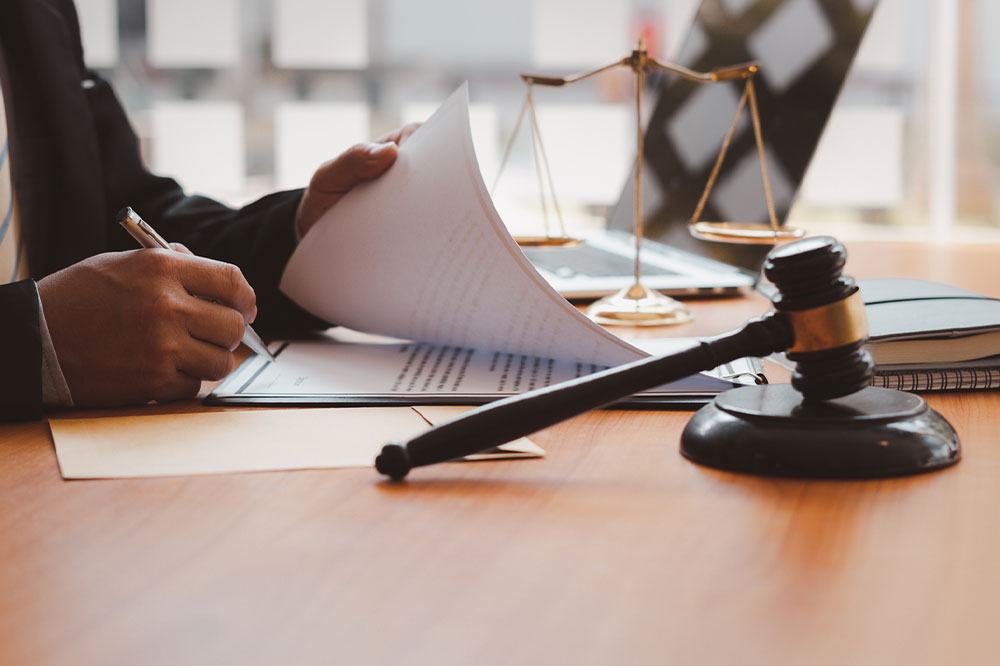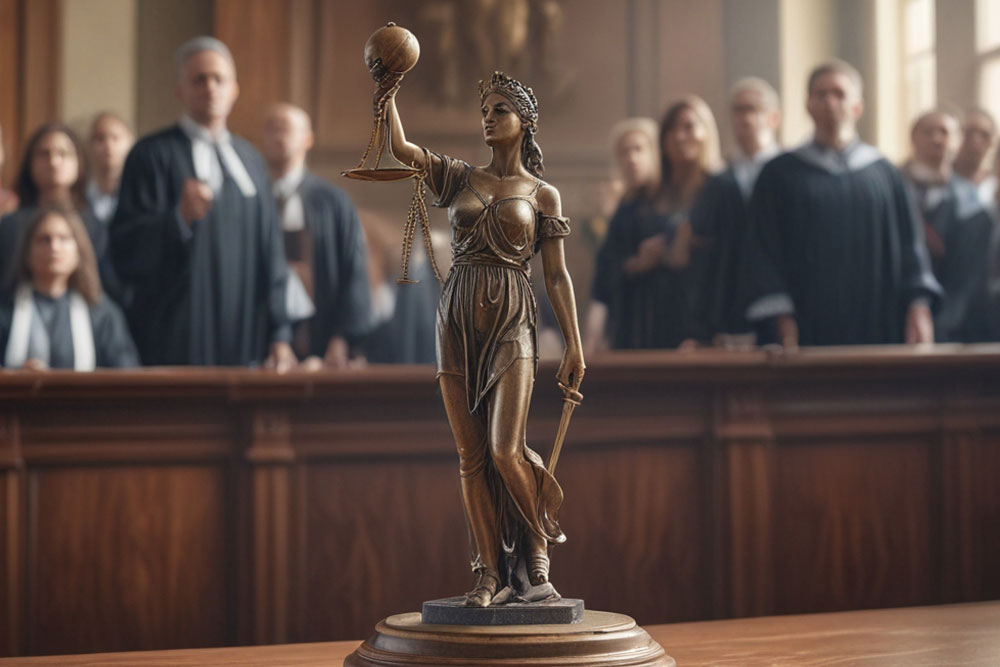Understanding the Role of a Civil Litigation Attorney
Explore the essential responsibilities of a civil litigation attorney, including case assessment, evidence collection, court procedures, and appeals. Learn the steps to become a practitioner and understand their role in resolving legal disputes across various civil issues.

Understanding the Role of a Civil Litigation Attorney
A civil litigation attorney advocates for clients involved in legal disputes, representing either the complainant or the accused. Their responsibilities span all stages of legal proceedings, from investigating evidence and preparing cases to trial and settlement negotiations. Litigation involves pursuing legal remedies for various non-criminal issues. The attorney's duties vary depending on the case's specifics and whether they serve the plaintiff or defendant. A plaintiff initiates the lawsuit, while the defendant defends against claims.
Becoming a Civil Litigation Attorney
Prospective lawyers must earn a Juris Doctor degree from an ABA-accredited law school, which entails completing undergraduate studies, three years of law school, and passing the state bar exam to practice professionally.
The process involves several key steps:
Case Evaluation and Evidence Gathering
Upon appointment, lawyers assess whether there is sufficient evidence to proceed, either to file a lawsuit or defend against one. This includes negotiations for pre-litigation settlements to resolve issues early.
The legal team drafts pleadings, such as complaints and responses, and exchanges pertinent information via interrogatories. They also prepare for court by conducting depositions, hiring expert witnesses, and strategizing trial approaches. During appeals, attorneys present arguments and new evidence to challenge or uphold trial court decisions.
Important Notice:
This platform shares diverse legal insights for educational purposes. While the information aims to be helpful, it shouldn't replace professional legal advice. The site isn't responsible for inaccuracies or updates on other platforms and may not reflect all available legal options.








